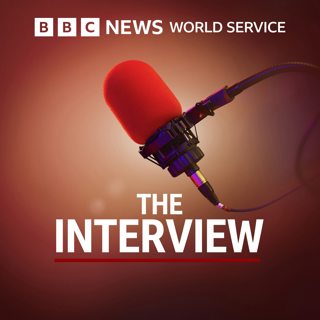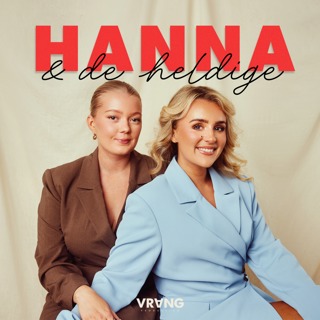
Arminka Helic, campaigner against sexual violence in war: Rape is used as part of genocide
“Rape and sexual violence against women and girls, babies, men and boys, is used as a part of ethnic cleansing and genocide.”We are in a new era where human rights have been replaced by trade and big ...
14 Jan 23min

Gabriel Zuchtreigel, Director of Pompeii: Archaeology is the most democratic form of history
Michael Berkeley speaks to Gabriel Zuchtreigel, Director of Pompeii in Southern Italy, one of the world’s most important archaeological sites.History, he says, comes alive through archaeology, helping...
12 Jan 22min

Mustafa Suleyman, Artificial Intelligence pioneer: People should be healthily afraid of AI
BBC presenter Amol Rajan speaks to the British artificial intelligence entrepreneur Mustafa Suleyman, Chief Executive of Microsoft AI.He believes in the enormous potential of AI to be a force for good...
9 Jan 22min

Nigel Casey, UK ambassador to Russia: No communication is extremely dangerous
Steve Rosenberg, the BBC’s Russia editor, speaks to Nigel Casey, the UK’s ambassador to Russia, about the challenges of working in Moscow on behalf of a government that views President Putin’s Russia ...
7 Jan 23min

Diego Calva, actor: Latin America is more than violence, salsa music and food
“In Latin America, we have way more than violence, we're more than salsa as our music, or food, or culture. It's a pleasure and a responsibility to share it with the world.”BBC presenter Nikki Bedi sp...
5 Jan 23min

2025 on The Interview
2025 on The Interview A special episode of The Interview, featuring three of the most compelling conversations from 2025.The Archbishop of Canterbury is the symbolic leader of the Anglican Communion...
29 Des 202523min

2025 on The Interview
2025 on The Interview A special episode of The Interview, featuring three of the most compelling conversations from 2025. US Energy Secretary Chris Wright’s controversial challenge to climate orth...
26 Des 202522min

2025 on The Interview
2025 on The Interview A special episode from The Interview, featuring three of the most compelling conversations from 2025. US President Donald Trump spoke to the BBC’s Chief North America corresp...
24 Des 202523min





















